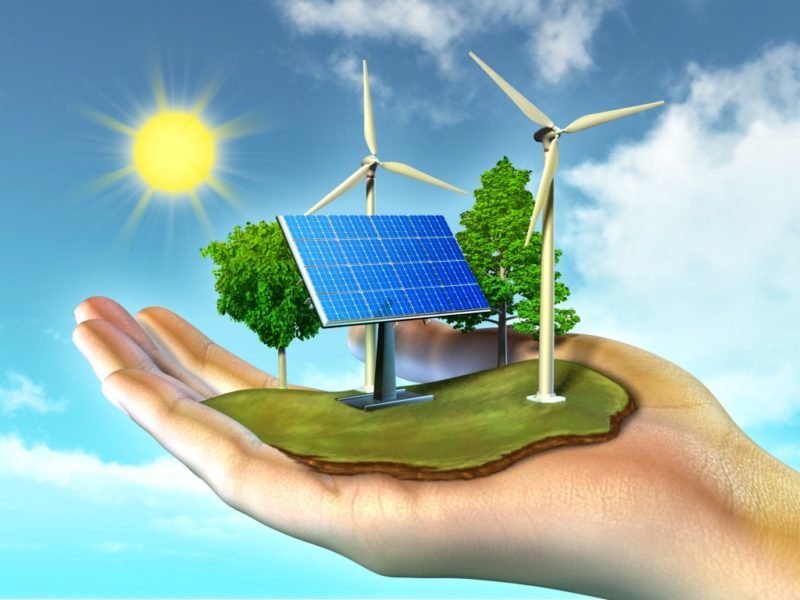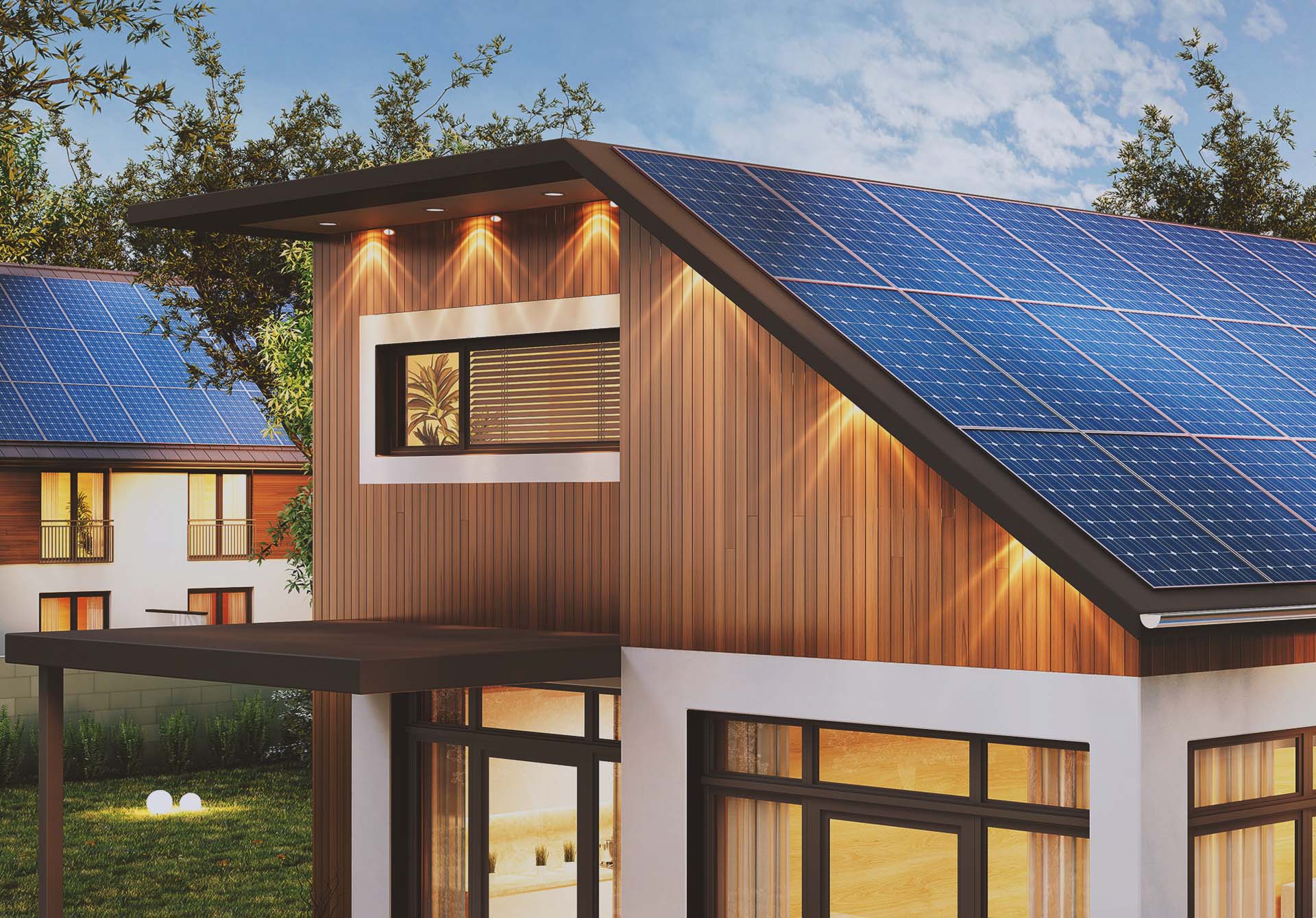
Renewable Harmony: Powering Your Home Sustainably
Renewable power for homes is not just a modern convenience; it’s a sustainable choice that aligns with environmental responsibility. This article explores the transformative impact of embracing renewable energy sources to power homes efficiently and responsibly.
The Essence of Renewable Power
At the core of renewable power is the utilization of energy sources that are naturally replenished. Solar, wind, hydro, and geothermal energy are prime examples. Unlike finite fossil fuels, renewable power harnesses the abundance of these resources, providing a sustainable and eco-friendly alternative for powering homes.
Solar Brilliance: Capturing Energy from the Sun
Solar power stands out as a frontrunner in the realm of renewable energy for homes. Photovoltaic (PV) panels, typically installed on rooftops, capture sunlight and convert it into electricity. This clean and inexhaustible source of energy not only reduces reliance on traditional grids but also contributes to lowering carbon footprints.
Wind Energy: Harvesting the Power of Breezes
Wind turbines, strategically positioned in areas with consistent wind patterns, harness the kinetic energy of the wind to generate electricity. Wind power is a versatile and scalable option for homes, with smaller wind turbines suitable for residential use. It’s a visually appealing and efficient way to contribute to renewable power.
Hydropower: Tapping into Water’s Energy
Hydropower utilizes the energy of flowing or falling water to generate electricity. While larger-scale hydropower plants are common, micro-hydropower systems can be implemented for homes with access to flowing water. This renewable source provides a reliable and continuous energy supply.
Geothermal Energy: Harnessing Earth’s Heat
Geothermal energy taps into the Earth’s internal heat to produce electricity. Geothermal heat pumps can also be used for heating and cooling homes. This energy source is reliable, constant, and environmentally friendly, making it a valuable addition to the renewable power portfolio for homes.
Advantages of Renewable Power for Homes
Embracing renewable power offers a multitude of advantages for homeowners. It significantly reduces reliance on non-renewable resources, lowers energy bills over time, and contributes to a cleaner environment. The installation of renewable energy systems may also make homeowners eligible for government incentives and tax credits.
Technological Advances in Home Renewable Energy Systems
Technological advancements in home renewable energy systems are making them more efficient and accessible. Improved storage solutions, smart grid integration, and user-friendly monitoring systems empower homeowners to harness renewable power with ease. These advances enhance the feasibility and effectiveness of renewable energy for homes.
Economic Incentives for Renewable Home Energy
Governments worldwide recognize the importance of transitioning to renewable energy. Incentive programs, subsidies, and tax credits encourage homeowners to invest in renewable power systems. These economic benefits make renewable home energy more financially viable and accelerate the shift toward a sustainable energy landscape.
Environmental Impact of Renewable Home Energy
The environmental impact of renewable home energy is a key consideration. By reducing dependence on fossil fuels, homeowners actively contribute to lowering greenhouse gas emissions and combating climate change. The cleaner production of energy aligns with global efforts to create a more sustainable and eco-friendly future.
Empowering Homes with Renewable Power: A Sustainable Future
Ready to embark on a journey toward a sustainable future? Visit Renewable Power Home to explore resources and insights into harnessing renewable power for homes. Discover how adopting clean energy sources transforms not only how homes are powered but also contributes to a healthier planet.
In conclusion, renewable power for homes represents a pivotal step towards a sustainable and eco-friendly future. From solar brilliance to wind energy and geothermal power, the options are diverse and increasingly accessible. Embracing renewable power isn’t just about powering homes; it’s a commitment to environmental stewardship and a harmonious coexistence with the Earth.



